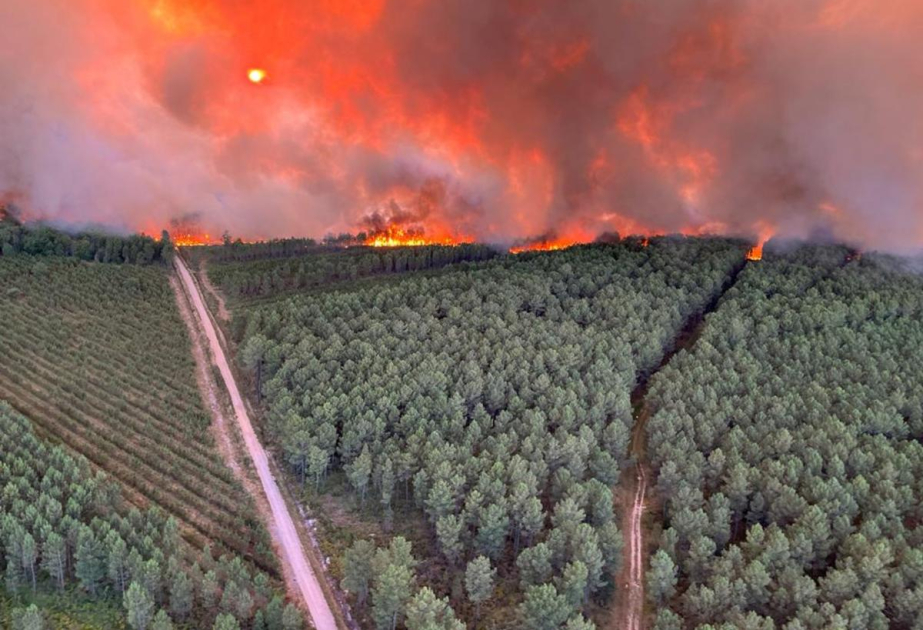Air pollution caused by wildfires is attributable to more than 1.5 million deaths a year globally, albeit with significant geographical and socioeconomic disparities, a new major study has found, according to Earth.Org.
The team of international scientists focused on fine particulate matter (PM2.5) and ozone (O3), two common toxic pollutants released by “landscape fires,” which include wildfires, controlled fires for land management purposes, and human-caused fires that spread over extensive areas of diverse landscapes.
Both pollutants pose severe health risks to humans and can lead to multiple health issues, including headaches, cardiovascular diseases, respiratory issues such as asthma, pneumonia, and lung cancer, and even premature mortality.
PM2.5, one of the most common and harmful components of air pollution, was linked to some 77.6% of the estimated 1.53 million annual deaths from fire-related pollution, while ozone accounted for 22.4.
Low- and middle-income countries are disproportionately affected, accounting for over 90% of all attributable deaths with major hotspots in southeast Asia, south Asia, east Asia, and Sub-Saharan Africa. The latter alone accounted for nearly 40% of all deaths.
The countries with the highest death tolls were China, the Democratic Republic of Congo, India, Indonesia, and Nigeria.
Socioeconomic factors also play a role, with some groups at greater risk of experiencing negative health effects from fire pollution than others. One study found that between 2017 and 2021, Americans on average were exposed to 350% more wildfire smoke than previous years. For communities with more people of colour and non-English speakers, this number was closer to 450%.
Fire pollutants can also travel long distances, riding the wind into highly populated areas hundreds of miles away.
“Urgent actions are required to address such substantial health impact and the associated environmental injustice in a warming climate,” such as more financial and technological support for communities and countries that are hit the hardest, the study concluded.






















